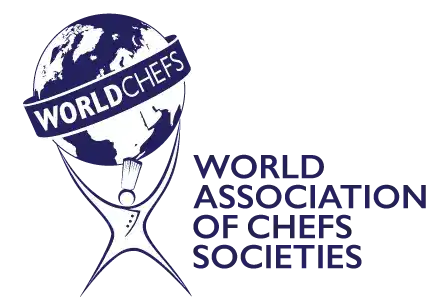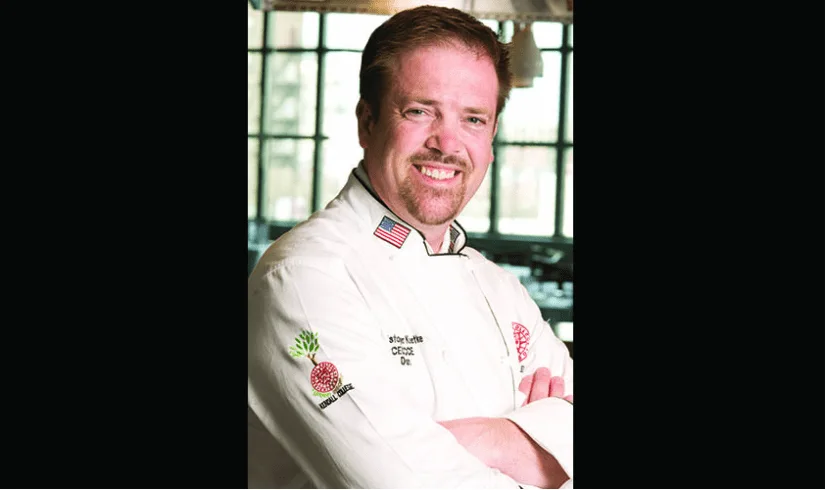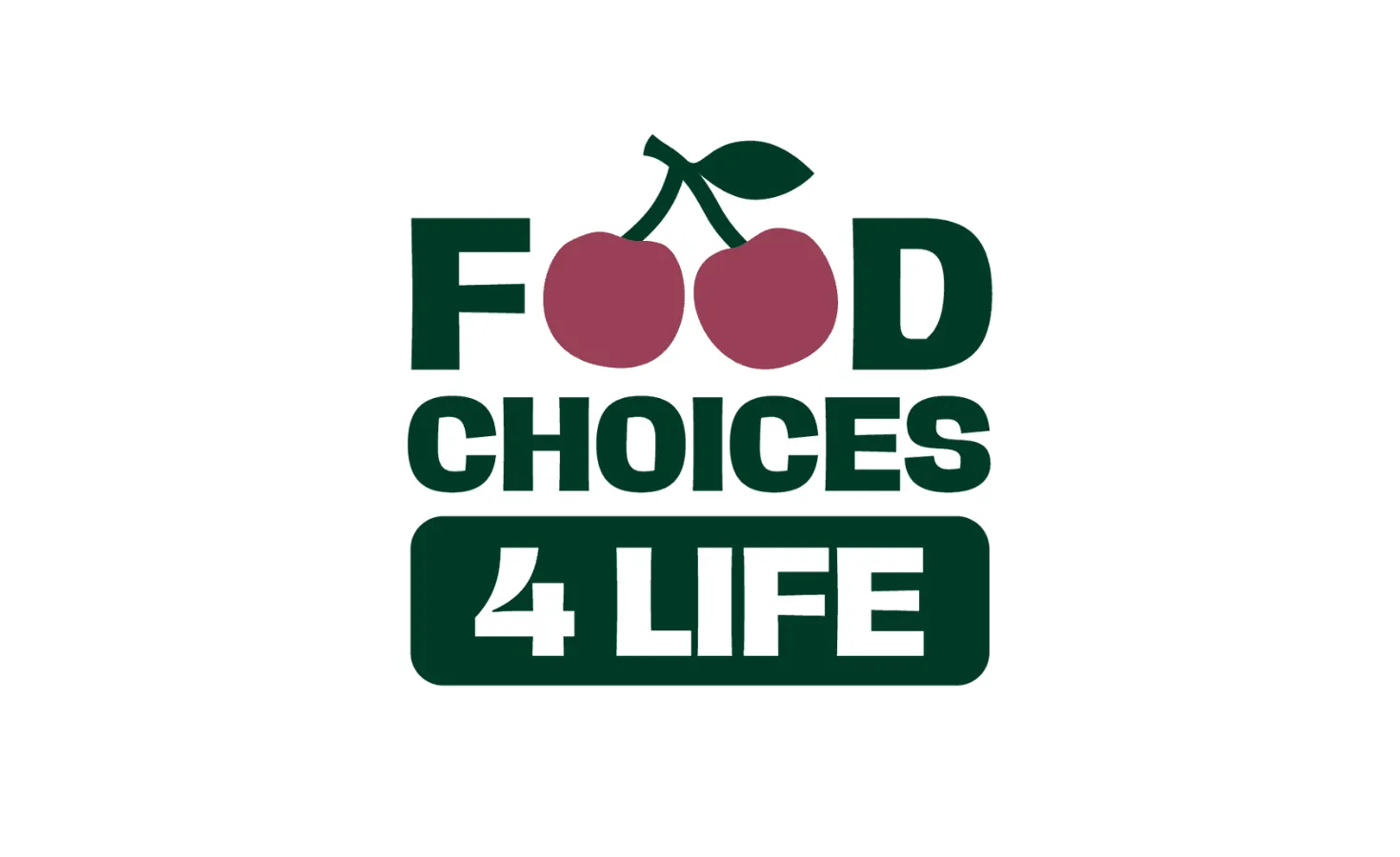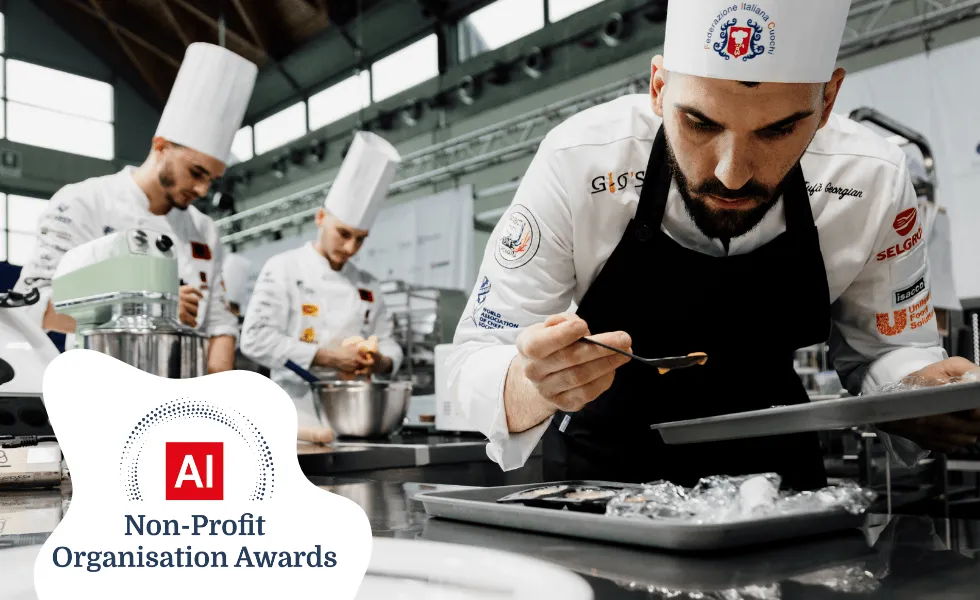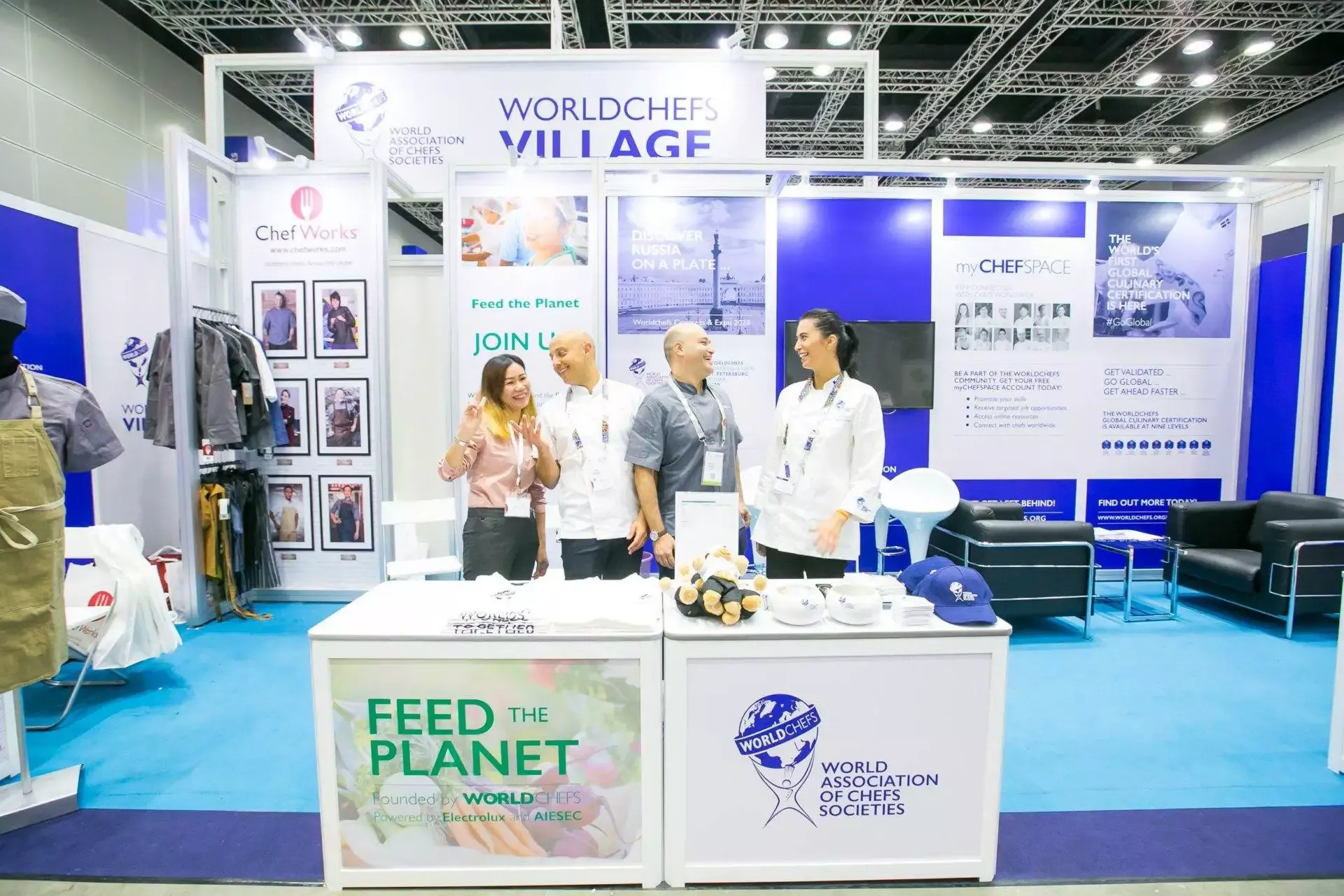September 18, 2017: I his journey from a chef of a high-end restaurant to a culinary educator, Chef Christopher Koetke has established himself as the master of food and flavours.
Chef Kotke is the Vice President, Strategy and Industry Relations at Kendall College in Chicago (USA), and talking about his experience in culinary education, he says that the journey had been a detour from the daily responsibilities of a chef. He says, “I have been working in culinary education for almost 20 years now. I did not expect to be in education for more than two years, but I discovered that I loved it. I love to watch students grow right before my eyes as they move toward realising their dreams. At the same time, I like the fact that, just like the restaurant business, things are not static. Our curriculum changes with the times and with the advancement and evolution of the restaurant business.”
He is also the Chairman of Feed the Planet Committee of the World Association of Chefs Societies (WorldChefs). Additionally, he is an active member of ACF, International Foodservice Editorial Council (IFEC), Les Disciples d’Escoffier, the International Wine and Food Society, and Les Amis d’Escoffier Society of Chicago.
Besides, he has served for 10 years on the American Culinary Federation Foundation (ACFEF) Accrediting Commission. When asked about traditional American cuisine, he says, “Many people think of our cuisine as a soup or a stew. There were indigenous ingredients and indigenous culinary traditions throughout our country. Then, wave after wave of immigrant groups from across the world came to our shores. Each group is like adding another ingredient to the soup—it changes the flavour of the soup and also takes on the flavour of the surrounding soup the longer it cooks. Thus, we are a melting pot of cuisines from across the world, which is a process that continues to this day.” However, he says that in the 1950s and 1970s, some of the regionality in food started to disappear in favour of a national cuisine, but happily, chefs and consumers today are very much interested in rediscovering real regional food.
With a deep love for Indian cuisines, Chef Koetke finds India a highly diverse country with rich culinary traditions. He says, “Having come to India many times, I still feel like I know so little as I am constantly learning about new dishes that I have never seen. The flavour profiles are so unique! As a side note, one misconception that many Americans have of Indian food is that it is very hot and spicy. While there are some chilli-rich dishes, there are so many others that rely on a compelling combination of spices as opposed to a strong chilli hit, ”Chef Chris Koetke.
India and the US have different culinary cultures, but the countries share the love of great food. He adds, “One of the things that I admire in India is the strength of the vegetarian cuisine. There are so many options that are so unique and delicious. In the USA, we don’t have that level of maturity of our vegetarian cuisine. There are also fundamental differences as to how we see food and its role in our health. In the USA, we see a more globally inspired cuisine and in India a cuisine that is more rooted in long-standing tradition. Of course, Indian cuisine is the master for combining a plethora of spices to create highly individualised dishes.”
With his finger on the pulse of food, beverage and hospitality sectors, Chef Kotke says the biggest international trend right now is renewed interest in one’s own cuisine and locale. “Every country has great food. Some are perhaps richer in culinary traditions or indigenous foods, but still every place has something. It is this realisation that has sparked a new way globally of looking at food. What I see is that a new breed of typically younger chefs are getting a good culinary education, then travelling to see the world to broaden their horizons, and then returning back to their locales to study their own food. What they then do is create highly individualised cuisines that are based in their own cultural identity (i.e. food traditions and indigenous ingredients). The net result is that the culinary world today is experiencing a burst of creativity and diverse ways of thinking that is simply fascinating,” Chef Kotke said.
Talking about the upcoming trends in the culinary world, Chef says, “Without a question—sustainability. It is critical that chefs across the world embrace sustainable practices now as the results of not pursuing a sustainable agenda will increasingly and negatively impact your business. In India, I have seen a number of larger hotel groups really get behind sustainability and I applaud that. But everyone must get behind this no matter who you are or where you work.”
Chef Kotke had his own US-based cooking show for five years, Let’s Dish, and when asked about his views on shows like Masterchef, he says he likes them but with a caveat. “What I like about programs like this and food television in general is that it has the ability to show the general public what we do. This is a great thing as it gives the experts (the chefs) a chance to teach what we know. Now for the caveat. When I had my TV show in the USA, I was on camera teaching how to make various dishes. There were about eight people behind the scenes preparing everything so I could keep shooting and do the recipes in a compressed timeframe. The point is that what you see on TV is not really an accurate representation of daily life in a restaurant. For aspiring young cooks, it is important to remember that,” he added.
Reprinted from The Sunday Guardian Live http://www.sundayguardianlive.com/food-drink/10883-i-admire-strength-range-vegetarian-cuisine-india
